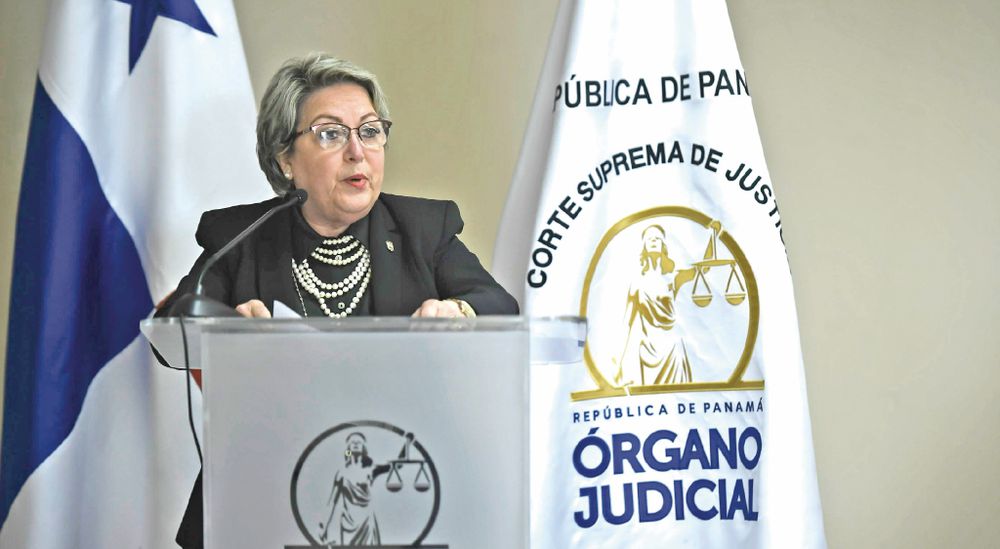Contingency plan to enable courts to play catch up

On Monday, July 4, The Second Judicial Office of the First Judicial Circuit launched a contingency plan, to reduce the calendar of oral trials, as there are some scheduled for, even, 2024.
To try to stop the delay in the hearings, which causes late justice, six courtrooms will be set up in the new facilities of the Accusatory Penal System (SPA) , in building 727, in Balboa, Ancón, where it is planned to hold between 15 and 17 oral trials per week, including Saturdays during regular hours.
According to the Judiciary, which attributes what happened to “high litigation”, oral trials will be held on Saturdays for a period of three months. But after this period it is expected to hold 15 oral trials per week, which would represent an average of 60 trials per month.
A similar initiative was also launched in the province of Chiriquí to hold trials and indictment hearings. The holding of trials began on June 23 for people who are detained and the accusation hearings began on June 13.
Some 50 indictment hearings with prisoners and some 48 oral trials are expected to be held in three months.
Two courts will operate simultaneously on Fridays, and if the trials are extended, sessions will be held on Saturdays. In addition, two trials will be set for Saturday, which can be processed in a single day.
Judicial burnout
Former Supreme Court magistrate, Harry Díaz, said that now there will be increased pressure on judges and court officials. He warned that having staff do multiple hearings daily, even on weekends, can lead to burnout.
The president of the Human Rights Commission of the National Bar Association, Carlos Herrera Morán, said that his firm has several legal proceedings with a trial date for 2023 and 2024, which he considered unfair both to the victim of the crime and to the accused.
Morán pointed out that many defendants maintain precautionary measures for months and even years without a resolution of the case.
A report from the General Directorate of the Penitentiary System at the end of May reveals that of the 20,554 prisoners, 65% have been sentenced and the other 35%, (7,230) await resolution.
The Ombudsman, Eduardo Leblanc, also described this situation as a violation of the rights of the victims and the accused.





